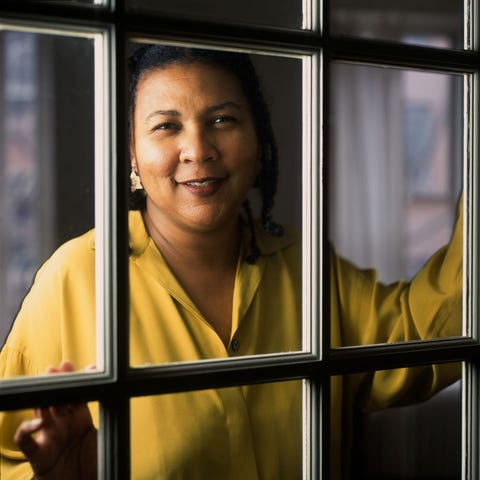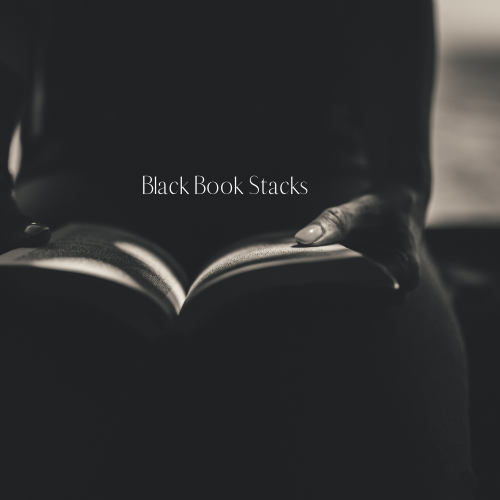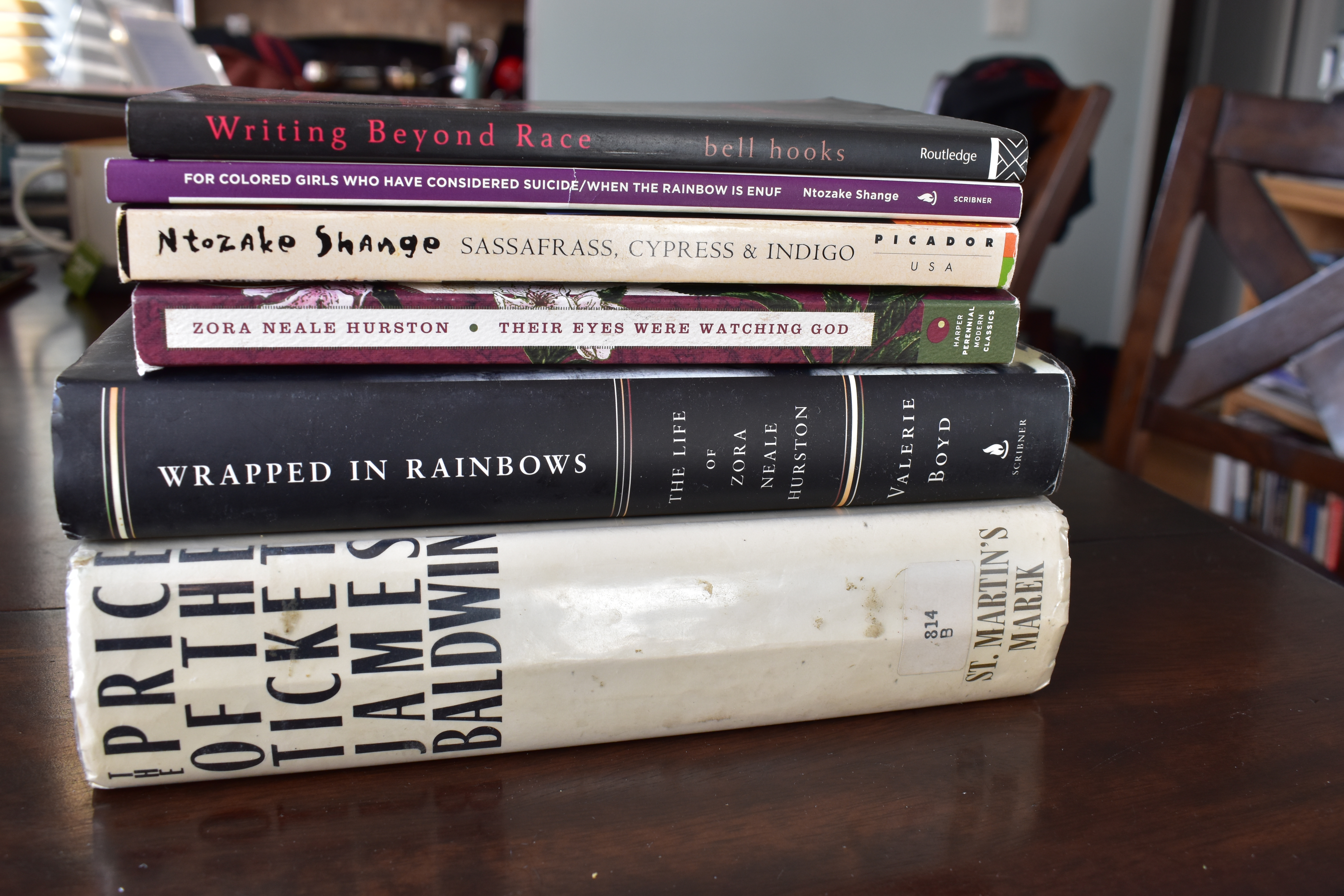This is a repost from my Substack, Black Book Stacks, where I publish most of my reviews first.
As religions go, Catholicism is notorious for its interiority, and that might be one of the foundational reasons I decided at 12 that I would become a writer. Put another way, I have gotten to know myself deeply from a young age because I spent a lot of time alone.
We had zero money in the most expensive city in the country. Growing up, I knew homelessness and chaos. I got bullied for being bummy on top of being smart. I did not want to ever be poor again.
But there was scripture about poverty that made it seem like the closest thing to Godliness. Faith offered community, if not with other people, definitely with God and with saints. Writing, too, populated my world. It certainly didn’t seem like the way to steer clear of poverty, but I couldn’t help myself from writing to everyone, including God, to try and make sense of why I was here.
My mother was a devout Catholic, which, in the time she was raised — deep in the Black South of South Carolina, then, as a teenager in Philadelphia — was not exactly a popular choice. Specifically, our biological family had some challenges accepting this choice of hers. More than once, she told me that soon as she turned 18, she was baptized out of the Black Baptist tradition, and into Catholicism.
I mention all of this as context for how I think about religion and faith, and part of why I sometimes hesitate to write more intimately about both. The first paradox of my life was understanding that I was never going to be as religious as anyone else in my family and that I felt a special kinship with Jesus. I could feel in my bones that the same God who had made me a queer, Black girl in poverty also created a world that revered, protected and offered salvation to heterosexual, white and wealthy people. The question of what to make of all that remains unanswered.
Every point of reference for God in my world back then was some version of George Burns, some patriarchal, outside-of-me authority who judged me away from my humanity, and made it impossible for me to understand that the sacred connection I needed in the divine had been gifted to me in the form of intuition since before I was born.
This is some of why I have always been a seeker, probably a hippie in a former life: I had no evidence that I should, but I wanted deeply to believe Ntozake Shange in For Colored Girls Who Have Considered Suicide When the Rainbow is Enuf when she announced that she found god in her self and she loved her, deeply. Reading Black Liturgies by Cole Arthur Riley made my heart ease with the same spark of cozy, humanizing recognition. To me, the chief violence of organized traditions and religions has been the alienation of non-white bodies from ourselves, which have made us disconnect ourselves from the comfort, the balm of the sacred.
This is my first time reading Cole Arthur Riley, but I am delighted to discover her, especially in this time of war and hatred spooling from every corner of the world (maybe all times are like this). Black Liturgies is one of my favorite kinds of text — operating in a tradition of creating sanctuary for those of us on the margins to give us the peace and beauty that will draw us closer to the center. Reading it felt like rest and nourishment.
As a spiritual, prayerful person who does not regularly attend church in ways that might appease traditionalists, reading this book was its own service. It offered an invitation to prayer and reflection that gave me back the parts of myself that I have abandoned over the years, thinking that in order to love God and the peaceful contentedness that arises when I think of the divine, I needed to become somehow different. The affirmation even in the title that Black liturgy is more than one thing, has more than one form, was liberating; the most important freeing aspect of reading Black Liturgies was a reminder that in order to stay human, we should remember our connection to the eternal.
Each chapter includes voices of our ancestors and uplifting quotes — I have always considered the wisdom of our elders and ancestors to be sacred, so this was beautiful to see and powerful to embrace. Finally, there is a template for folks to add their own liturgies, which I thought was so beautiful: “There are days you’ve lived that I could never speak to,” Riley writes toward the end of the book, “longings and losses I cannot fully understand…if you find yourself longing for more — for words that begin in you — remember, I am no nearer to the divine than you are, and my words are no more sacred.”
Amen.








